6 Best Games to Play with Babies (6 months)
Why is play important for babies?Participating in play aids in the development of robust brain architecture, laying the groundwork for lifelong health and fostering resilience.
Interactions with adults through play also contribute to the development of executive function skills in infants. Activities such as hiding, finger play, and conversation games help them enhance their ability to focus attention, utilize working memory, and cultivate fundamental self-control.
During interactions with a baby, it’s important to follow their cues and interests in play. Engage in games or activities that capture their attention, and whenever feasible, allow them to dictate the duration of play and transitions to other activities.
Peekaboo!
Children love to play hide and seek. Engaging in this activity helps children develop their memory as they try to remember who is hiding, and it also allows them to practice basic aspects of self-control. Variations of the game may involve waiting for the child to reveal your face or letting the child decide when to reveal it.
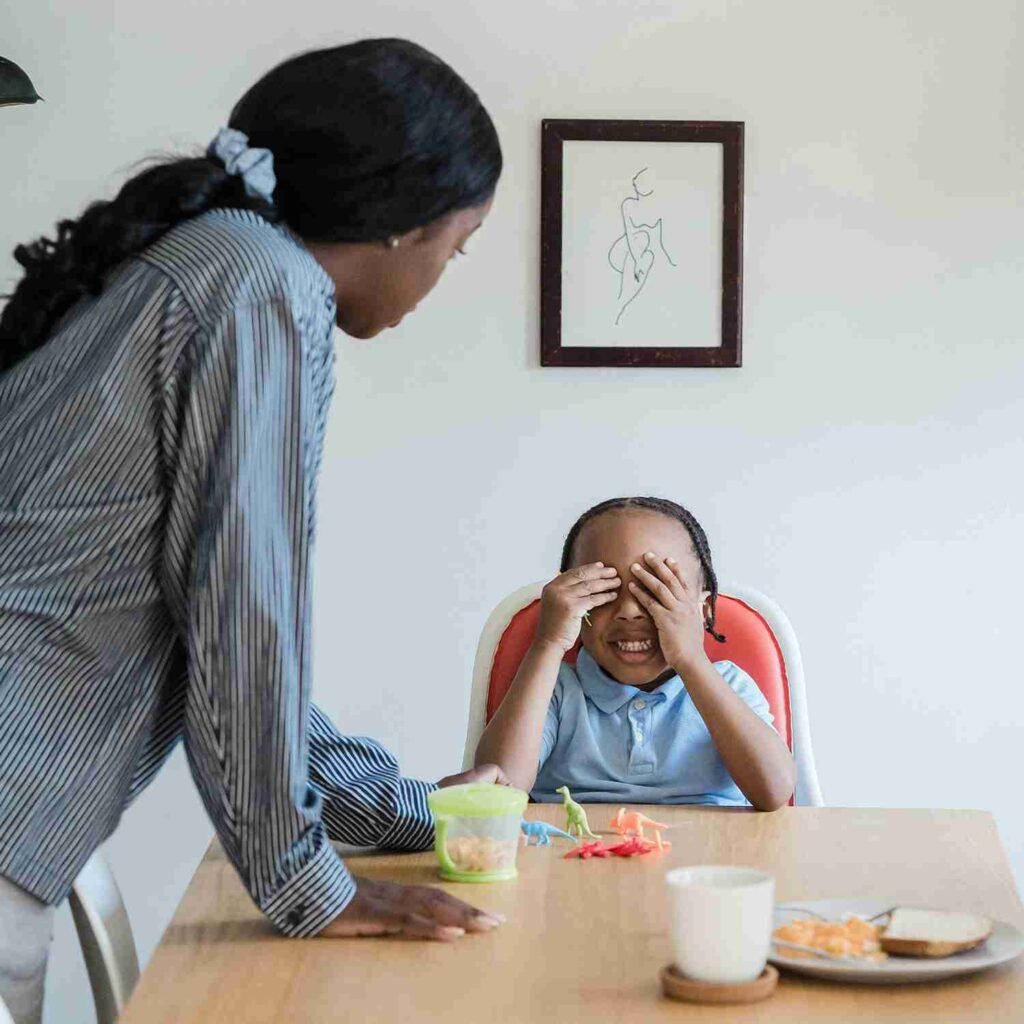
“Trot Trot to Boston”
Position the baby on your knees, facing you. While chanting the words, gently bounce them up and down. You can add an element of playfulness by reciting the words either quickly or slowly: “Trot trot to Boston, Trot trot to Lynn. Watch out little [baby’s name] or you might fall in!”
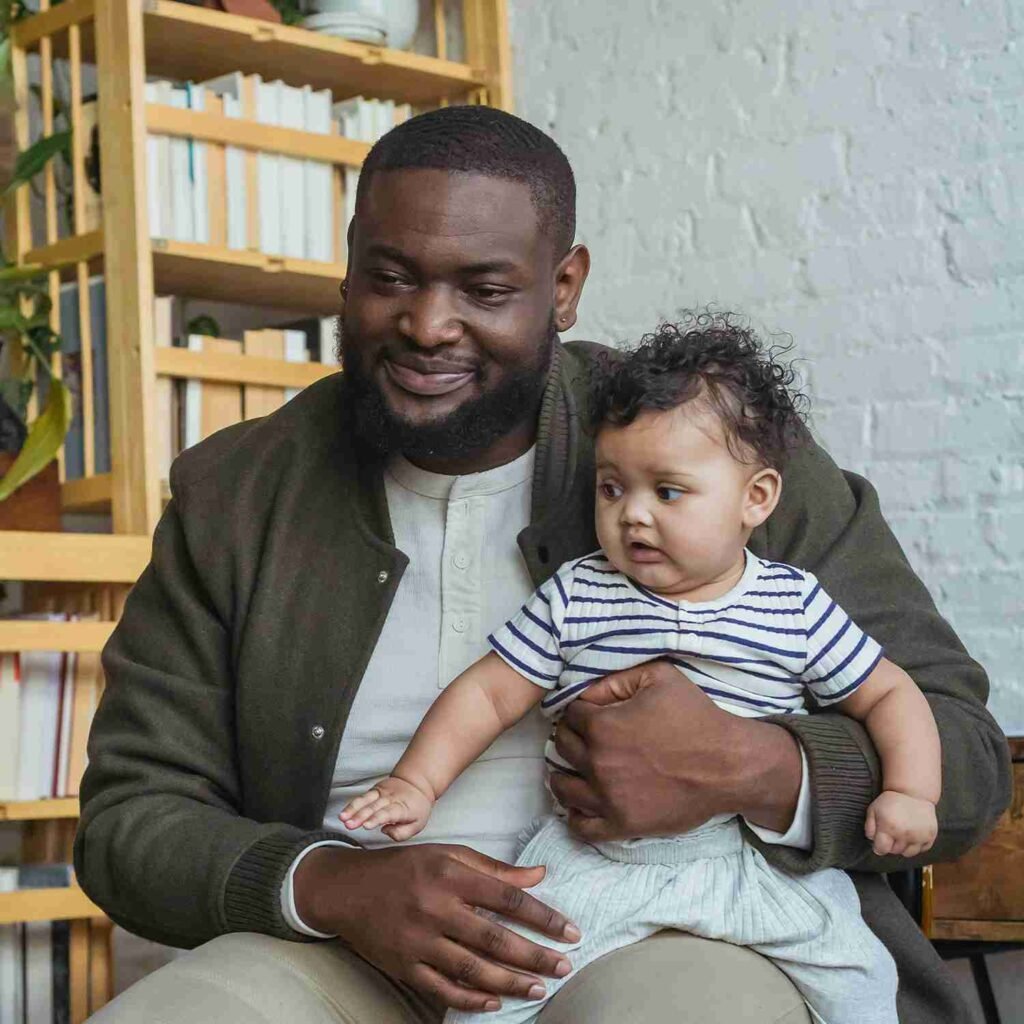
“Pat-a-Cake”
Sing the nursery rhyme “Pat-a-cake, pat-a-cake, baker’s man. Bake me a cake as fast as you can! Roll it, and pat it, and mark it with the first letter of baby’s nickname, then place it in the oven for the baby and me!”. Gradually increase the speed as you repeat the actions.
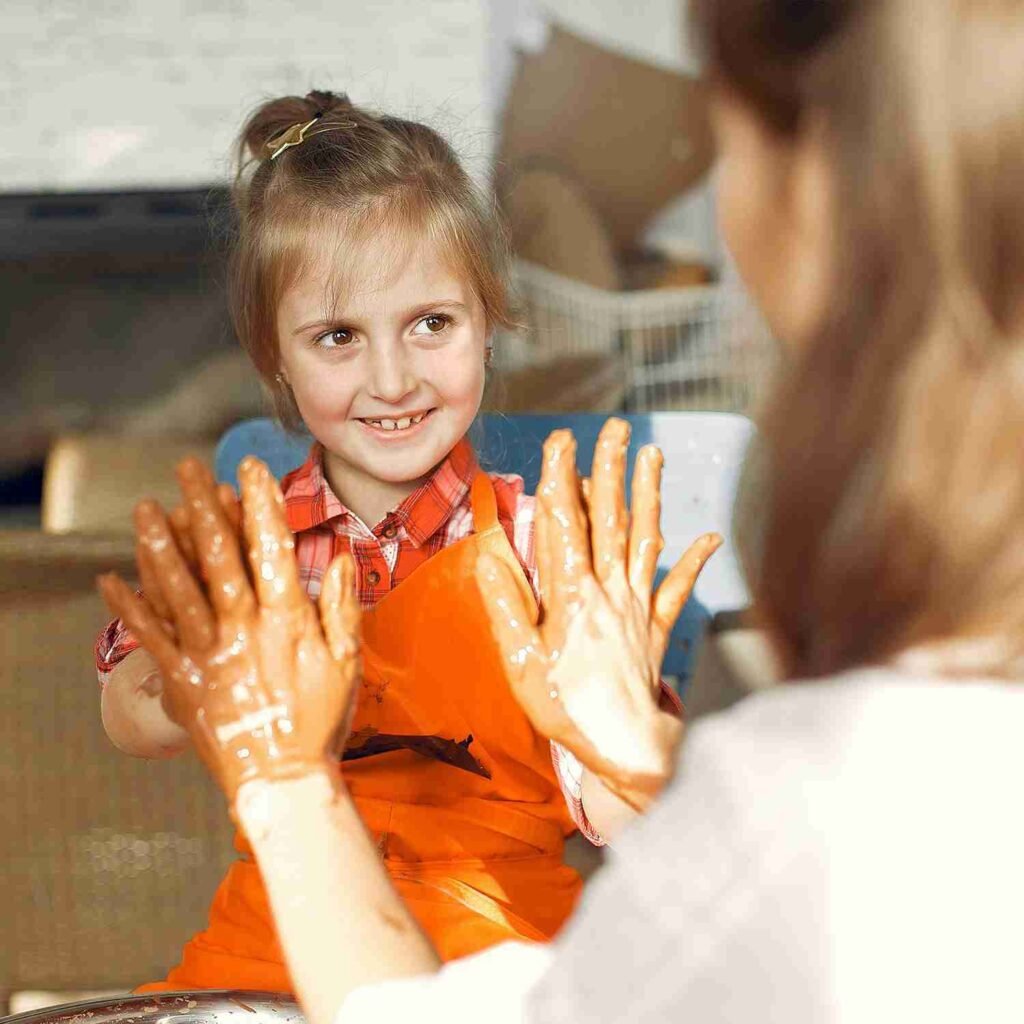
Hiding Games
Place a toy under a cloth, cup or box and encourage the child to find it. Once they can identify it immediately, remove the toy, show the child its new location and
Encourage them to find it again.
When the baby discovers the object, express enthusiasm and acknowledge their success by saying, “You found it!” Continue playing the game as long as the baby remains engaged. If the baby becomes disinterested or starts to fuss, assess their mood or determine their next area of interest. Adapt the game accordingly.
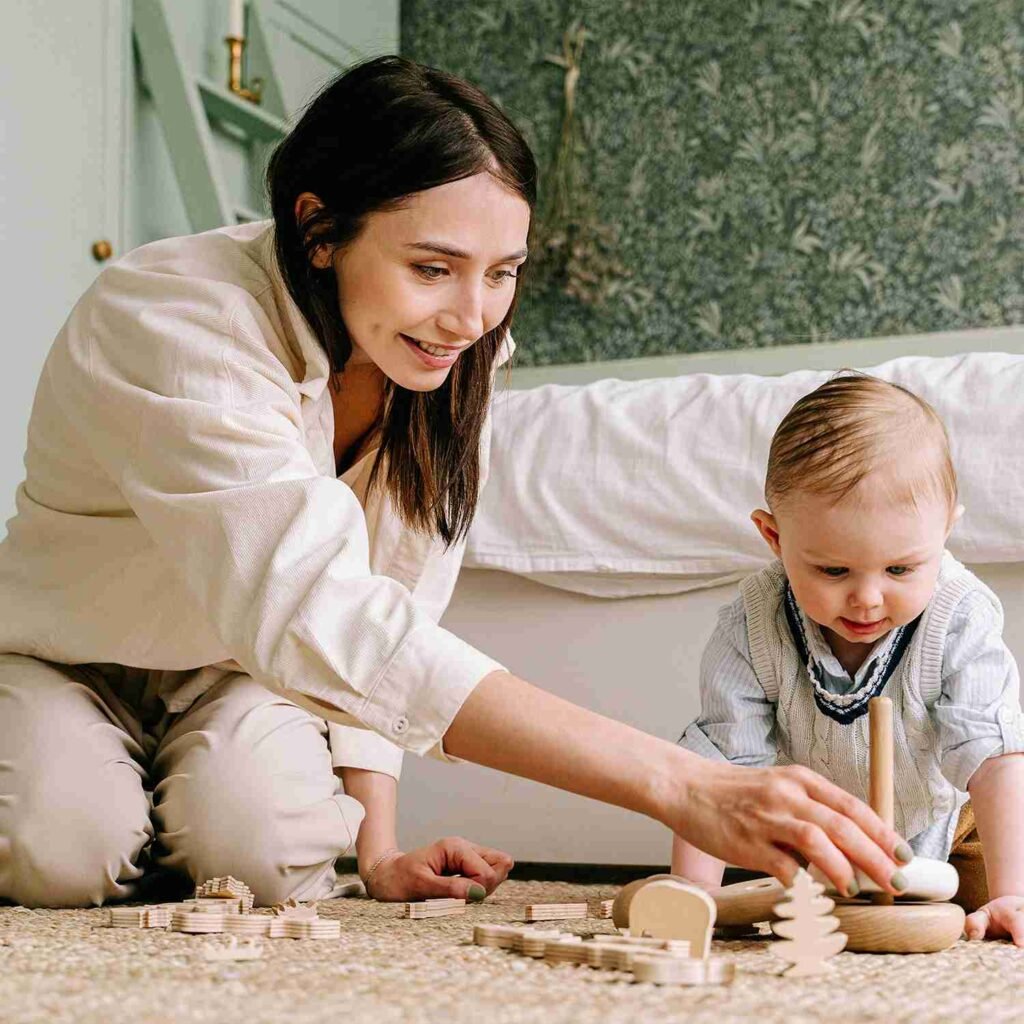
Conversation Games
At around six months of age, babies begin to produce sounds such as “ga,” “ma,” and “ba.” Sit facing the baby on your lap and engage in playful interactions by making silly sounds. Pause and observe if the baby responds by babbling, squealing, or making expressive faces.
Mirror their sounds and expressions to encourage communication. Share a meaningful story with the baby, such as the day they were born or a significant event in your life, while intermittently pausing to ask them questions. Although you won’t receive verbal responses, the baby will contribute their own unique expressions and reactions.
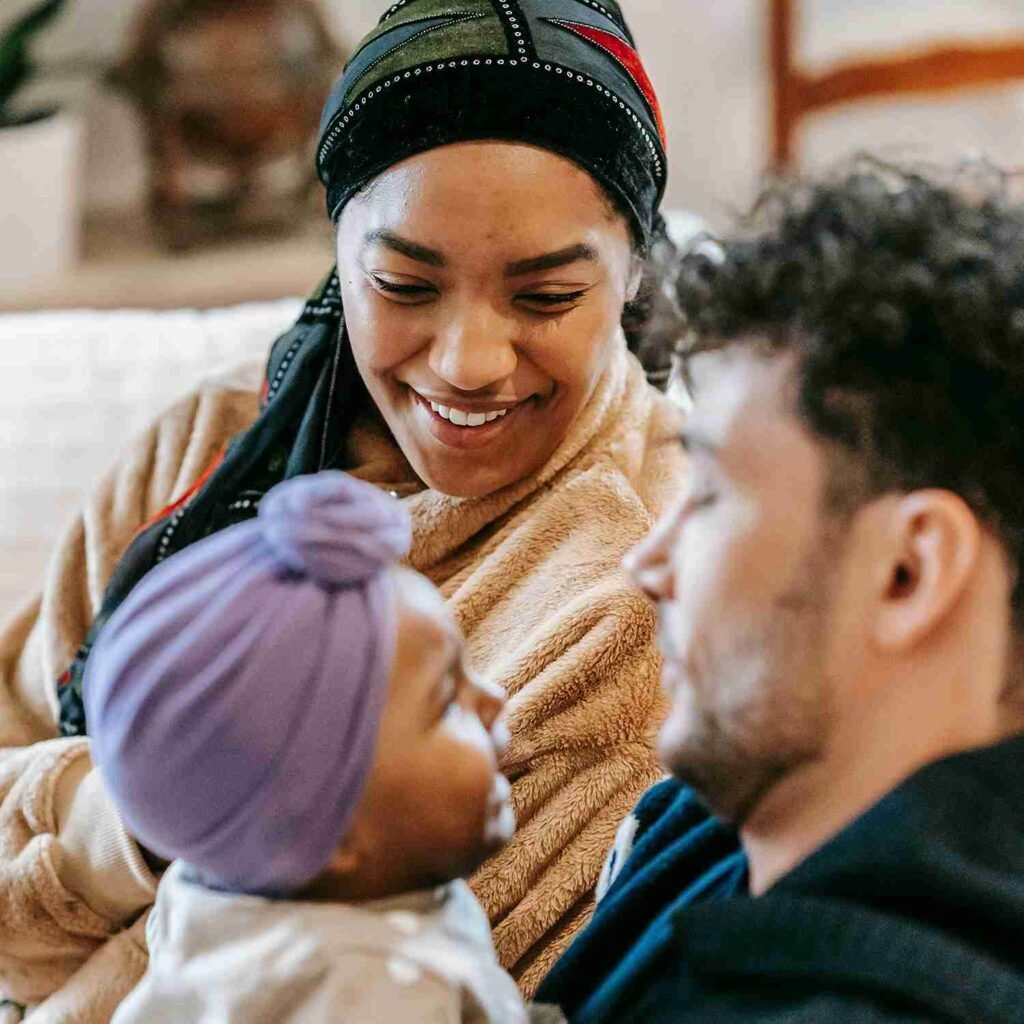
Fingerplays
Infants love songs and chants accompanied by straightforward hand movements. Through repetition, they can imitate these actions and recall sequences. Examples in English include “Eensy Weensy Spider” and “Where is Thumbkin?” Additionally, numerous enjoyable fingerplays are available in diverse languages and cultures.
